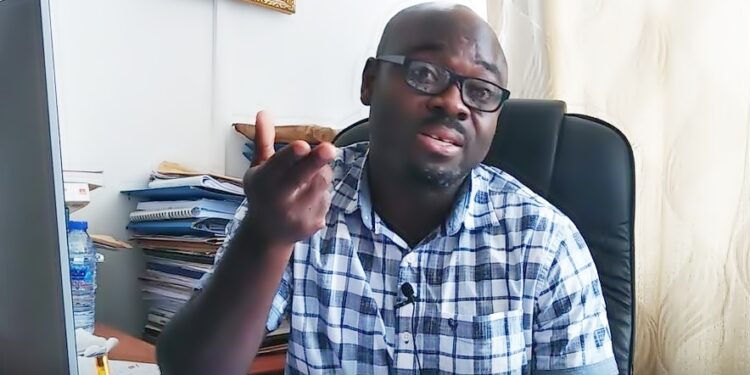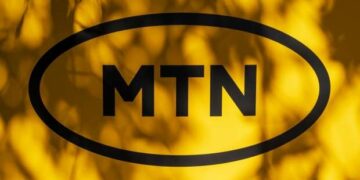Prof Lord Mensah Critiques Gov’t’s Economic Narrative, Urges Gov’t to Focus on Long-Term Growth Over Short-Term Fiscal Gains
Professor Lord Mensah, a Professor of Financial Economics at the University of Ghana Business School, has raised concerns about the economic narrative being presented by the incumbent government.
In an interview with TV3 on December 18, he criticized the government’s handling of the economy, particularly the “propaganda” surrounding its performance.
According to Professor Mensah, such messaging undermines trust in Ghana’s economic data, which he believes could be problematic.
He cautioned that the government’s apparent celebration of economic figures, especially the reported 7.2% GDP growth for Q3 2024 driven by the industrial sector, does not accurately reflect the true economic conditions.
Adding that, while the reported growth is notable, it does not necessarily translate into sustainable well-being for the population. He pointed out that factors such as reduced cement bag sales, which are typically a leading indicator for growth in sectors like mining and quarrying, raise questions about the robustness of the growth figures.
He further critiqued the reliance of government on short-term instruments, such as treasury bills – which generate profits for banks – rather than focusing on long-term investments in infrastructure.
According to Professor Mensah, this approach, though profitable in the short term, does not contribute to sustainable economic growth. “You can’t use treasury bills money to build roads or infrastructure,” he remarked.
On the issue of exchange rates, Professor Mensah expressed skepticism about the recent stability of the cedi against the dollar, speculating that it may be the result of temporary measures taken to stabilize the currency ahead of the elections, rather than a sign of long-term improvement.
He emphasized that improving such indicators requires more than short-term interventions, asserting the has to be a combination of market forces and well-conceived policies.
Concluding his remarks, Professor Mensah called for a more measured and realistic approach to economic management, urging the government to move beyond superficial economic indicators and focus on building sustainable growth.
He noted that, despite the government’s claims, the full economic impact of current policies will take time to manifest and require deeper structural reforms.
NPP Government Handing Over a ‘Strong Economy’ to Incoming Mahama Administration – Finance Minister
Finance Minister, Dr. Mohammed Amin Adam, has expressed confidence in the state of Ghana’s economy as the New Patriotic Party (NPP) prepares to hand over power to the newly elected administration of John Dramani Mahama.
Speaking at a press conference in Accra on Tuesday, December 17, 2024, Dr. Amin Adam described the economy as resilient and recovering strongly despite recent global and domestic challenges.
“We are handing over a strong economy,” Dr. Amin Adam asserted. “The first four years of this administration were marked by impressive performance, with the longest period of single-digit inflation, an average GDP growth rate of 7%, and strong external balances. Even though we faced challenges between 2021 and 2022, the economy has recovered strongly and faster than many anticipated.”
The Minister pointed to Ghana’s Gross International Reserves, which currently stand at $8 billion—equivalent to 3.5 months of import cover—compared to $6.2 billion handed over by the previous NDC administration in 2016.
He emphasized that economic growth has returned to pre-COVID levels, citing a 6.3% average growth rate for 2024, driven by growth rates of 4.8% in Q1, 7% in Q2, and 7.2% in Q3.
Dr. Amin Adam further noted significant improvements in private sector credit growth, with nominal growth reaching 28.7% in October 2024, a sharp turnaround from the 7.5% contraction recorded during the same period in 2023.
“In real terms, private sector credit grew by 5.5% in October this year, compared to a contraction of 31.6% last year,” he explained.
On Ghana’s external position, he highlighted a trade balance surplus of $3.85 billion and a current account surplus of 2.6% of GDP for the first nine months of 2024.
“These are significant improvements from the deficits in 2016, including a trade balance deficit of $1.8 billion and a current account deficit of 6.6% of GDP,” he stated.









